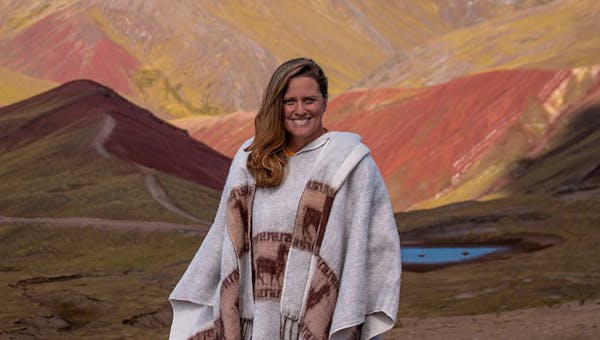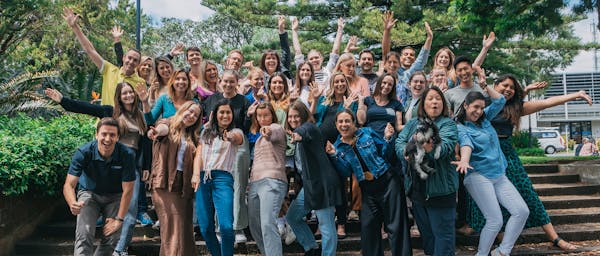Accommodation and WiFi
Volunteers stay in a dormitory-style lodge in the heart of Auckland. The hostel is comfortable, modern, safe and has super friendly staff. The offices of the local team are a 25-30 minute walk or a 15-minute bus ride from the hostel.
You will be sharing a room with five to ten other people of both genders. Please note all rooms have communal, co-ed bathrooms equipped with western toilets and hot showers. Bedding is provided, but you’ll need to bring your own towels and toiletries. There are staff who clean the accommodation throughout the week, including your sheets, however volunteers are required to keep their rooms tidy. Lockers are available but you must bring your own padlock.
Accommodation upgrades to private rooms can be arranged at an additional cost and female only dorms can also be arranged (no additional cost) - all upgrades will be subject to availability and can be arranged once registered onto the program.
WiFi is available at all times, at no extra cost. To keep connected, you can also purchase a local SIM card with data for an unlocked mobile phone.
Meals
On Mondays, volunteers start the week with a relaxing sit down breakfast and hot drink at a local cafe, and pick up groceries to prepare lunch for the week. During the remaining weekdays, volunteers are provided with ingredients for continental-style breakfasts, which can be made in the communal kitchen area of the accommodation. This typically includes coffee and tea, granola, yoghurt, seasonal fruits, breads, a selection of spreads, eggs, and avocados.
You will make your own packed lunch to eat during your lunch break at your volunteer placement. This is prepared at breakfast, or the night before if preferred. Ingredients provided for these packed lunches include bread or wraps, salami or chicken, hummus, seasonal salads, sauces, and a sweet treat for afterwards.
Volunteers are responsible for purchasing their own dinners, either taking advantage of the nearby restaurants or purchasing groceries to prepare themselves in the accommodation’s communal kitchen.
On weekends, volunteers are responsible for purchasing their own meals, either taking advantage of the nearby restaurants and cafes or purchasing groceries to prepare themselves in the accommodation’s communal kitchen.
Tap water in New Zealand is safe to drink in most areas but we strongly recommend bringing a reusable water bottle with you to cut down on plastic waste.















































































